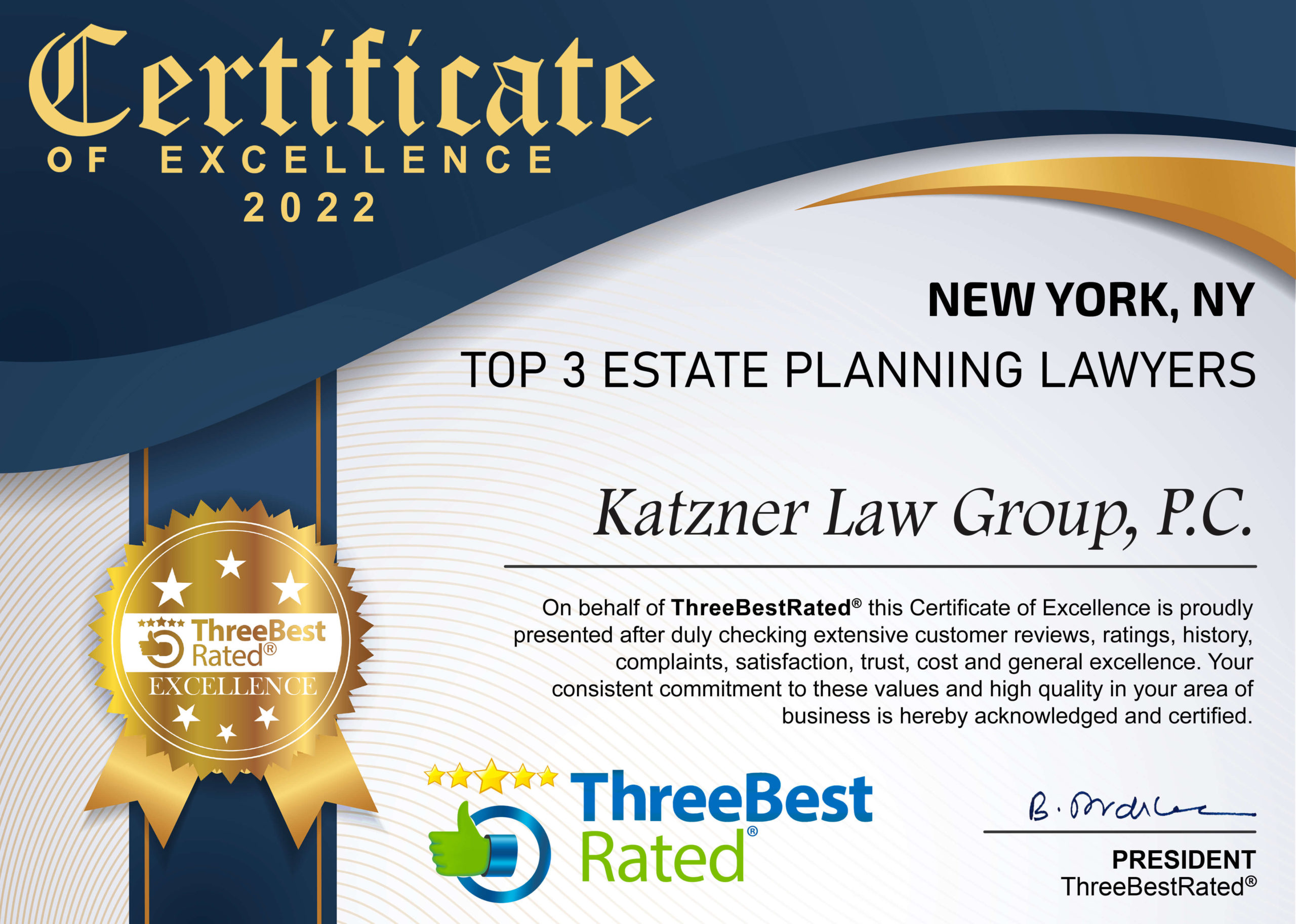The rules for gifting change each year, and they have changed substantively since the American Taxpayer Relief Act.
If you are wondering about gifting money, stocks, bonds, real estate, business interest, or other assets to your children, grandchildren, or others you have come to the right place. I’d first like to note that the gifting laws can be more complicated than they at first appear. Gifting can have unintended consequences.
For example, there are different rules for gifting money to your young child than your elderly parent in a nursing home. Gifting money to a young child is usually very easy and straightforward with no unintended consequences. Gifting money to a relative in a nursing home can have unintended consequences such as making them ineligible for Medicaid. So use the information here as a guide and get more detailed information from an estate planning attorney based on your personal circumstances.
Gifting in 2017: Annual gift tax exclusion – inflation adjusted to $14,000 per person. This amount can be given to a child, grandchild, or other person.
Furthermore, if you are married each spouse can gift this amount to each desired recipient. This means that a married couple can together gift $28,000 per year per individual recipient. If one spouse has greater assets be sure to ask your CPA about split gifts and whether or not you need to file a gift tax return. Lifetime Exclusion (unified credit): This is a topic of much confusion. In addition to the annual gift tax exclusion discussed above, each person now also has a $5,490,000 lifetime credit which can be used to make gifts to children and grandchildren and/or their spouses. You will be required to file a 709 gift tax return when making gifts larger than the $14,000 per year annual gift tax amount but you can use your lifetime credit.
So what this means, and where the confusion lies, is let’s say you gift $25,000 to your grandchild. Since your annual gift tax exclusion is $14,000 you’ve gifted $11,000 in excess of this amount. But you don’t necessarily pay taxes on this $11,000. Rather, the $11,000 is simply decreased from your $5,490,000 lifetime credit.
Gifts of assets without a clear value, such as real estate or business interests, may require an appraisal. If you are considering a lifetime gift, especially one in excess of your annual gift tax exclusion, you may require the advice of legal counsel.
Gifting can be effectively used to reduce estate taxes in certain circumstances and should always be coordinated with your larger estate plan.
The advice of counsel can therefore be both valuable and can save you and your heirs from later problems that might cost much more to correct.
Read More: Unexpected Penalties For Real Estate or Asset Gifts
















